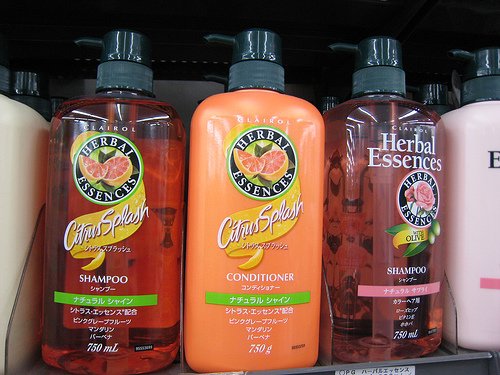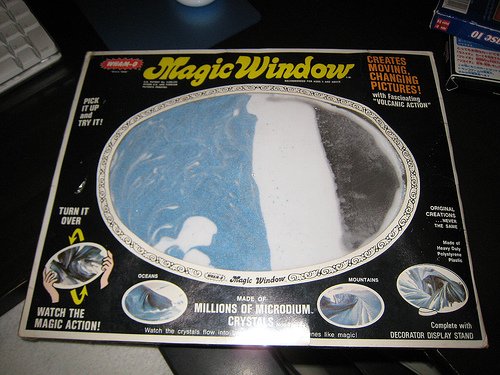One thing I’ve heard from foreigners who have recently come to Japan — and which I’ve probably uttered myself a long time ago — is the phrase “And then, when I’ve learned Japanese…” This is amusing to me since you never actually “learn” any language in the sense of suddenly becoming completely competent in all aspects of its use. A foreigner living in Japan naturally stakes out the important areas of his life or work and attains working fluency in those areas, usually not bothering with aspects of the language that will probably never touch him. After four years of study in college and a decade and a half of living in Japan I’m able to function in a wide variety of situations here, including business settings, dealing with family and friends, ordering a pizza and giving directions to my house, attending funerals and weddings and so on…but if I were suddenly thrust into the world of a banker, a politician or a daiku carpenter who builds houses using traditional Japanese techniques, I’d be completely lost. Similarly, my wife is perfectly functional in English in most cases, yet when its time for the CSI broadcast on NHK, I know she’ll flip the TV into Japanese mode since the show lies outside of her established linguistic boundaries. As your life meanders on and the way you use language changes, naturally your language skills will change too. When I became a father, I realized that I didn’t have a clue how to speak Japanese “baby talk,” so I started that aspect of my language education. In the process of running a Japanese company I’ve had to learn how to read contracts in Japanese to make sure I didn’t accidentally sign away my house or something, and now I’m quite comfortable with most Japanese legalese.
Every morning my car greets me and gives me my daily “What day is today?” trivia point, informing me that today is Ice Cream Day (May 9), Natto Day (July 10), Haiku Day (August 19) and UFO Day (June 24), and so on, and every time I get in my car I never know what wacky and esoteric new information I’ll be presented with. Tomorrow is “Japanese Postal Mark Day,” celebrating the establishment of the unique symbol used to indicate a place where you can find postal services here, which looks like the marriage of a capital T with an equals sign, or like the katakana symbol for te (テ). The Japanese post office was established in 1871, just four years into the reign of the new Emperor Meiji that proved to be a watershed moment in the modernization of the country. In 1887, as part of a national revitalization effort, the Postal Service announced that the English letter “T” would be the new symbol of the Post Office of Japan. Ten days later, the ministry sheepishly admitted that they had mis-read their own symbol, and the actual symbol of Japan’s postal organization was the one that’s in use today. The “postal mark” symbol is officially registered with the International Standards Organization and is included in all Japanese fonts on personal computers.
One of the first words a foreigner who comes to live in Japan learns is gomi, the most common term for garbage in Japanese. The reason is that Japan — a nation that ranks 63rd in the world in terms of land area yet 10th in terms of population — must understandably take some special measures to make sure its trash situation doesn’t get out of hand. As newly arrived gaijin must learn, trash can be disposed of on designated days, and must be separated into various categories (burnables on Tuesday and Friday, non-burnables on Wednesday, organic trash every other week) and disposed of in approved bags you can buy in stores in that city. Although the words “environmentally conscious” don’t spring to mind when you think of Japan, with its custom of covering the sides of mountains in concrete on the off chance there might be a rock slide someday, the country has been recycling for decades as one way of reducing the amount of trash generated by society. When you buy shampoo or bathroom cleaner, you’re presented with a choice: a regular plastic container, or a cheaper refill-only package that lets you refill the bottle you’ve already got at home and cut down on what you throw away. There are many laws on the books requiring that you take special steps to safely dispose of old cars, computers and televisions, and it’s common for home electronics stores to take away your old stuff for free when you buy something new, to save customers from the hassle of paying a recycling company money to take care of their old junk.
















